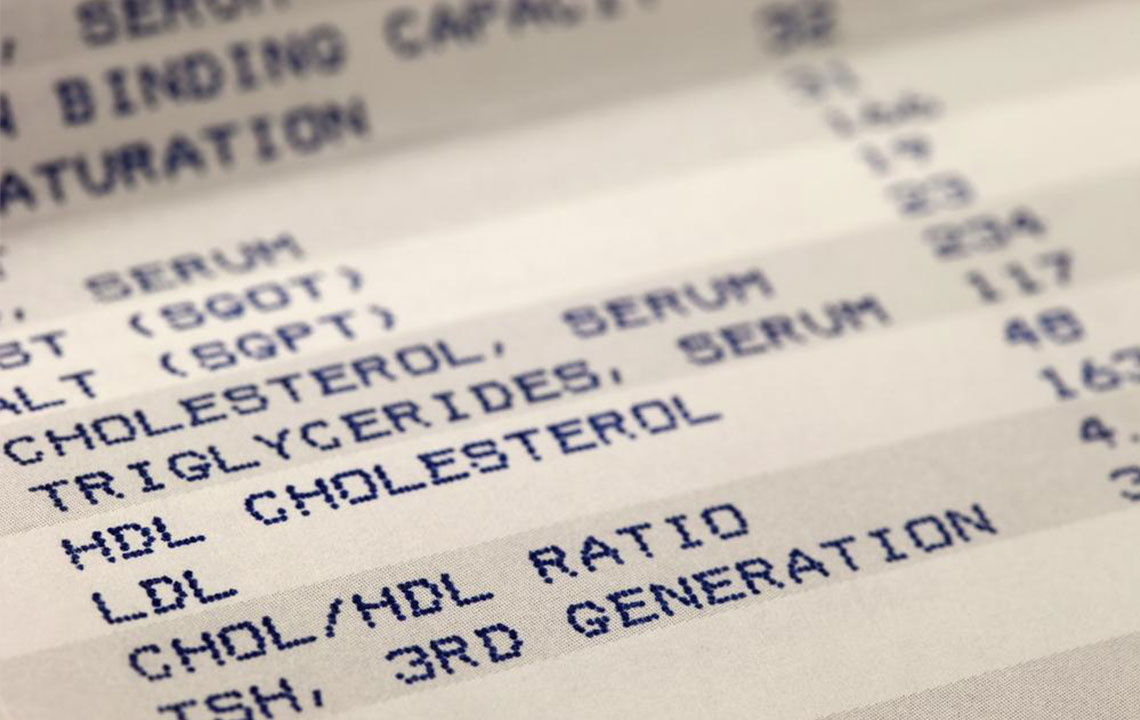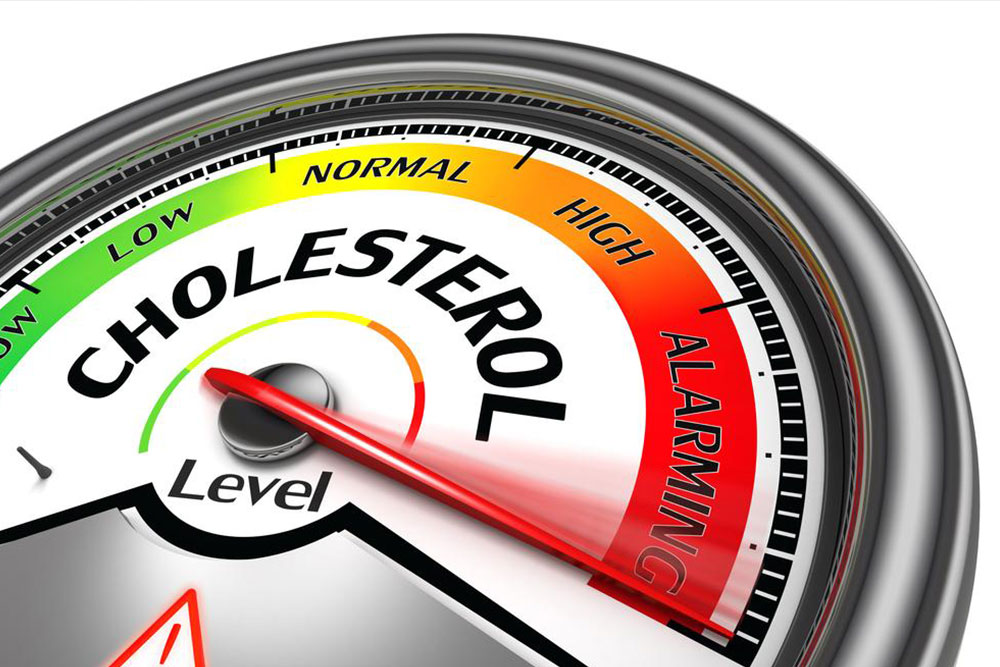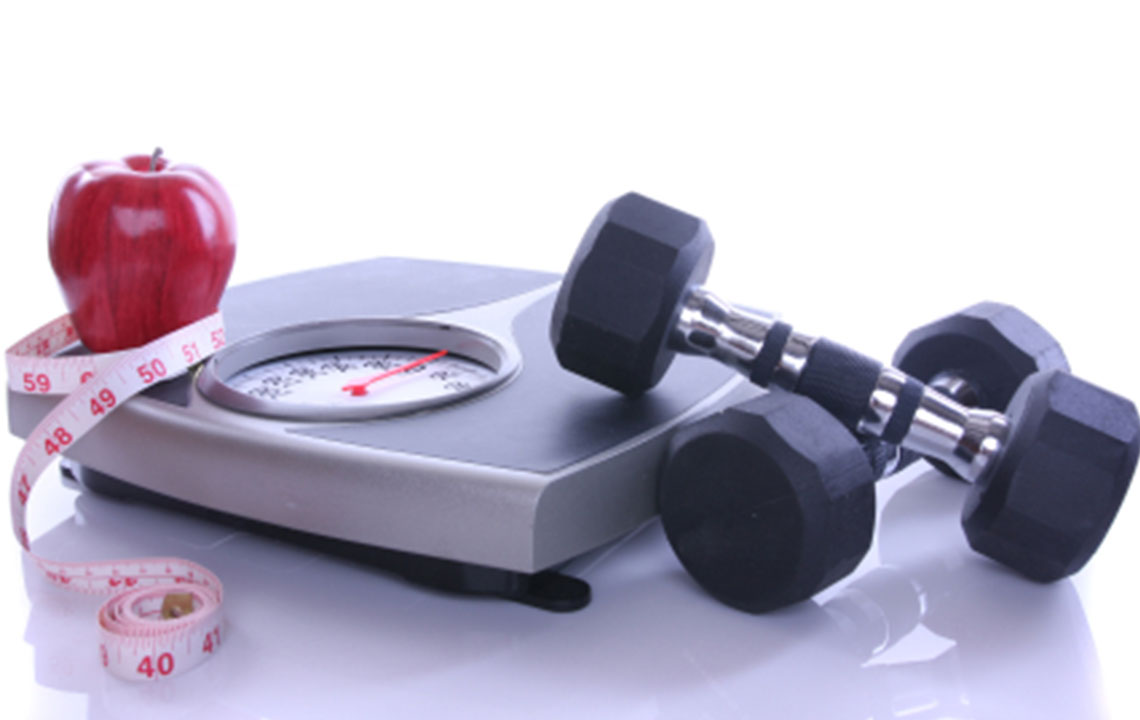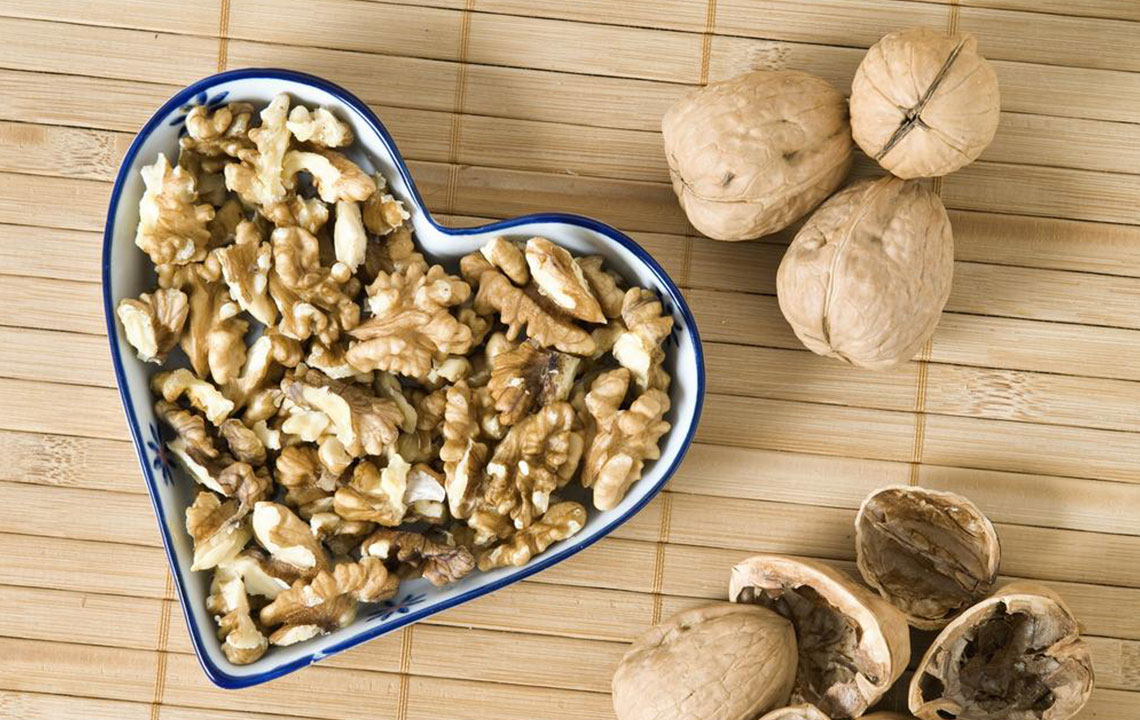Comprehensive Natural and Medical Strategies to Lower Cholesterol and Improve Heart Health
This comprehensive guide explores natural and medical options for lowering cholesterol, including medications like bile acid binders, ezetimibe, niacin, and fibrates, alongside dietary and lifestyle modifications such as eating fiber-rich foods, engaging in regular exercise, and adopting heart-healthy habits. Combining these strategies can significantly improve cardiovascular health and reduce disease risk, providing a holistic approach for effective cholesterol management tailored to individual needs.
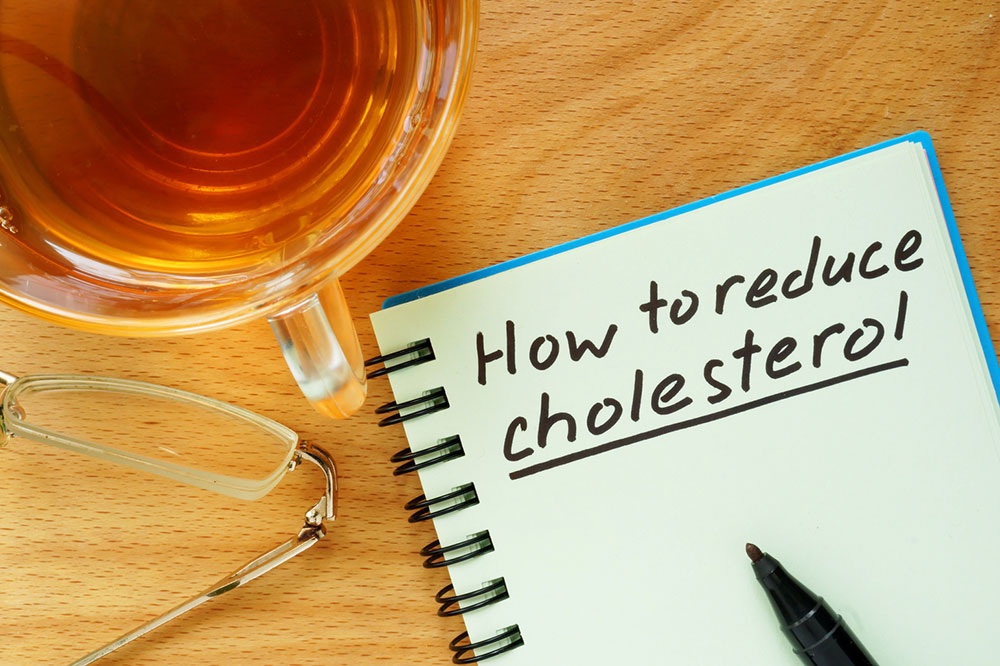
Effective Approaches for Managing and Reducing High Cholesterol
Elevated cholesterol levels, particularly low-density lipoprotein (LDL) cholesterol, are a significant risk factor for cardiovascular diseases such as heart attacks and strokes. Traditionally, doctors have prescribed statins to help control high LDL cholesterol. However, not everyone responds well to statins due to potential side effects or genetic factors that make these medications less effective. Thankfully, the medical community offers a wide range of alternative treatments and lifestyle modifications that can aid in managing cholesterol levels effectively. These options, combined with dietary and physical activity changes, form a comprehensive approach to reducing cardiovascular risk and enhancing overall heart health.
Understanding these various strategies can empower individuals to make informed decisions about their health, potentially reducing dependency on medications or optimizing their current treatment plans. The following discussion covers a broad spectrum of natural and pharmaceutical options, dietary modifications, and lifestyle changes designed to naturally and effectively lower cholesterol levels.
Medications as Alternatives or Supplements
For individuals who cannot tolerate statins or need additional support, several alternative medications and compounds are available. These options provide various mechanisms to reduce LDL cholesterol, lower triglycerides, and increase good cholesterol (HDL), thereby promoting better cardiovascular health.
Bile Acid Sequestrants
One class of drugs that has been used effectively to lower LDL cholesterol includes bile acid sequestrants. These medications, such as colestipol, cholestyramine, and colesevelam, work by binding to bile acids in the intestines. Bile acids are compounds produced in the liver using cholesterol to aid in fat digestion. When these medications attach to bile acids, they prevent their reabsorption, leading the body to excrete these compounds through stool. To compensate for the lost bile acids, the liver synthesizes more from circulating cholesterol, thereby reducing LDL cholesterol levels in the bloodstream. This process significantly aids in lowering 'bad' cholesterol and is often prescribed alongside other therapies for a synergistic effect.
The mechanism of bile acid sequestrants effectively reduces LDL cholesterol by increasing its conversion into bile acids, which are eventually excreted from the body.
Ezetimibe (Zetia)
This medication stands out because it specifically blocks proteins (NPC1L1) responsible for cholesterol absorption in the small intestine. By inhibiting these proteins, ezetimibe decreases the amount of dietary and biliary cholesterol entering the bloodstream. As a result, the liver receives less cholesterol, prompting it to absorb more circulating cholesterol to meet its needs, ultimately lowering circulating LDL levels. Ezetimibe is often prescribed alone or in combination with statins for enhanced effectiveness, particularly in those with familial hypercholesterolemia or statin intolerance.
Niacin (Vitamin B3)
Niacin, also known as vitamin B3, has long been used to influence lipid profiles. It increases HDL (the 'good' cholesterol) while substantially reducing triglycerides and LDL particles. It does so by inhibiting lipolysis in fat tissue, reducing the release of free fatty acids, and decreasing VLDL (very low-density lipoprotein) production in the liver. While less potent than some other medications, niacin can be a valuable part of a comprehensive lipid management plan, especially for balancing cholesterol levels and minimizing the side effects associated with statins, such as muscle pain or liver issues.
Fibrates
Fibrates, derived from fibric acid compounds like gemfibrozil and fenofibrate, primarily target triglyceride reduction. They work by activating peroxisome proliferator-activated receptors (PPARs), which enhance the breakdown of triglyceride-rich particles and suppress VLDL synthesis in the liver. Consequently, fibrates are highly effective in decreasing triglyceride levels and modestly increasing HDL, making them suitable for managing hypertriglyceridemia often associated with metabolic syndromes.
Omega-3 Fatty Acids
Omega-3 fatty acids, found abundantly in fatty fish such as salmon, mackerel, and sardines, as well as in flaxseeds and walnuts, are widely recognized for their cardiovascular benefits. They support an increase in HDL cholesterol and help lower triglycerides and LDL levels. Omega-3s can be taken through diet or as supplements, such as fish oil capsules, offering a natural approach to supporting heart health. Regular intake of omega-3 fatty acids has been linked to reduced inflammation, improved blood vessel function, and decreased risk of cardiovascular events.
Always consult your healthcare provider before starting any new medication or supplement, especially if you are on existing treatments, to understand potential side effects and drug interactions.
Dietary and Lifestyle Modifications
Beyond medications, changes in diet and physical activity play a central role in managing cholesterol levels naturally. These modifications can significantly improve lipid profiles and reduce cardiovascular risk without the need for drugs or complement existing treatment regimens.
Dietary Adjustments
Diet directly influences cholesterol levels. Emphasizing foods rich in fiber, healthy fats, and antioxidants can help support healthy lipid levels. Reducing intake of saturated and trans fats, processed foods, and refined sugars is crucial. It's increasingly recognized that moderate consumption of saturated fats from high-quality sources may not be as harmful as once thought, especially when balanced with other healthy food choices. Here are some dietary recommendations:
Spinach: Rich in lutein, a carotenoid that prevents arterial plaque buildup, supporting vascular health.
Avocado: Contains beta-sitosterol, a plant sterol that inhibits dietary cholesterol absorption.
Dark Chocolate: Especially varieties above 70% cacao, high in antioxidants called flavonoids, which may help prevent artery clogging.
Olive Oil: Rich in monounsaturated fats, improves lipid profile and supports cardiovascular health.
Legumes and Beans: Loaded with soluble fiber, which binds to LDL cholesterol and helps remove it from the body.
Tea: Green and black teas contain antioxidants that reduce blood lipids and combat oxidative cholesterol damage.
Garlic: Contains compounds like allicin, which may inhibit cholesterol from adhering to arterial walls and reduce blood pressure.
Red Wine: Contains resveratrol, an antioxidant linked to cardiovascular protection, used in moderation.
Oats: Rich in beta-glucan, a soluble fiber known to lower LDL cholesterol levels effectively.
Physical Activity
Engaging in regular physical activity is a cornerstone of cholesterol management. It helps raise HDL levels, lower LDL levels, and improve overall heart health. Even light activities such as walking, gardening, or stretching can offer benefits. As fitness improves, individuals can incorporate more vigorous activities like running, cycling, swimming, or team sports to boost cardiovascular health further. Including strength training routines enhances muscle mass, metabolism, and lipid profiles, creating an effective, natural alternative or complement to medications.
Adopting an active lifestyle along with dietary adjustments and considering medical therapies can work synergistically to lower cholesterol levels and reduce the risk of heart disease over time.
In conclusion, managing cholesterol is a multifaceted process. Combining medical options—whether pharmaceuticals or supplements—with lifestyle changes can lead to improved heart health and longevity. Proactive steps today can make a significant difference in preventing cardiovascular diseases tomorrow. Seek guidance from healthcare professionals to tailor a personalized plan suited to your individual health needs, ensuring safe and effective cholesterol management.
